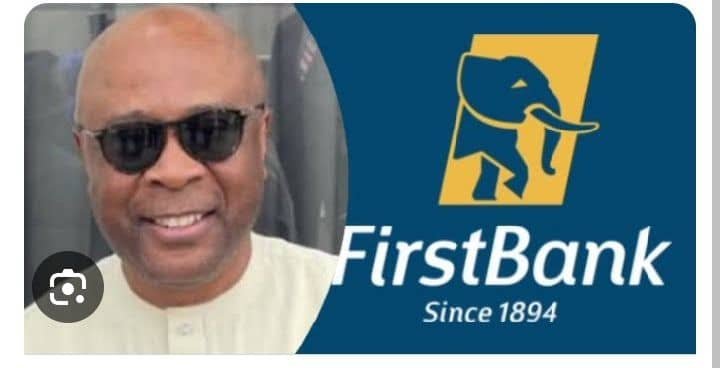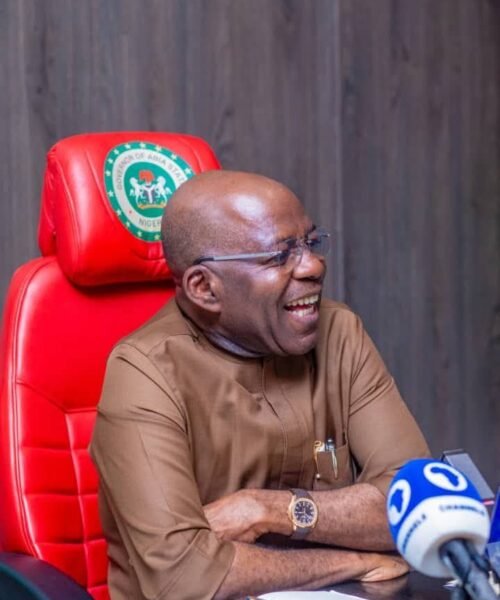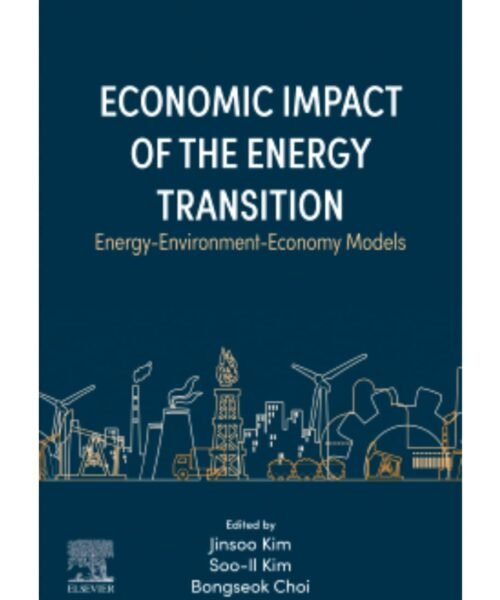A Critical Examination of First Bank of Nigeria’s Rebuttal in the Agbai Eke Allegations: Trust, Protocol, and Institutional Accountability
The edifice of banking, an institution predicated on the inviolable sanctity of trust, stands imperiled when its custodians appear cavalier in their stewardship. The recent imbroglio involving First Bank of Nigeria and Dr. Agbai Eke, who alleges a staggering N550 million fraud, has ignited public consternation, casting a pall over the institution’s venerable legacy. The bank’s terse dismissal of these claims as “baseless” and “unfounded” demands rigorous scrutiny, not merely for its legal implications but for the profound existential questions it raises about accountability, procedural rectitude, and the erosion of public confidence in Nigeria’s financial architecture.
First Bank’s rebuttal, though emphatic, risks being perceived as perfunctory—a reflexive corporate gambit to shield its reputation without substantive engagement with the allegations. To assert that accusations of such magnitude are “false” without furnishing a granular, evidence-based counter-narrative is to treat the public discourse with disdain. Dr. Eke’s claims, which insinuate systemic malfeasance, cannot be dispelled through mere rhetorical grandstanding. Where, one must inquire, is the forensic audit? Where are the transaction logs, the CCTV footage, or the documented correspondence that might exonerate the bank? A robust rebuttal would parry allegations with transparency, not opacity.

Central to this controversy is the nebulousness surrounding the operational protocols allegedly breached. Dr. Eke contends that funds were deposited and “fixed” under terms that the bank has since reneged upon. Yet, critical questions linger: In which specific account were these funds domiciled? Through what channels—digital, physical, or intermediary—were these transactions executed? The public’s imagination is particularly arrested by the provocative query: Did Dr. Eke, as metaphorically posited, “walk into a branch and dump the money on the floor”? If hyperbole, this nonetheless underscores the necessity for clarity on adherence to deposit protocols. Nigerian banking codes, as enshrined by the Central Bank and the Chartered Institute of Bankers, mandate stringent anti-fraud measures, customer verification, and transaction documentation. Were these protocols observed, or does this case expose a laissez-faire culture within First Bank’s branches?
Equally troubling is the ambiguity surrounding the “established customer relationship” cited. Banking is not a transactional dalliance but a covenant of fiduciary responsibility. How long had Dr. Eke been a client? What was the historical pattern of his transactions? Were red flags, if any, previously detected? The bank’s silence on these particulars fuels skepticism. If management has, as alleged, allowed the “foundations” of trust to be rocked, it is incumbent upon First Bank to delineate how it nurtures client relationships beyond hollow platitudes. The Nigerian public, long accustomed to First Bank’s erstwhile reputation as a paragon of stability, now witnesses a disquieting spectacle: an institution perhaps prioritizing damage control over principled accountability.

The broader ramifications cannot be overstated. In an economy beleaguered by financial insecurity, banks serve as both custodians and symbols of national economic dignity. First Bank’s tarnished image—should these allegations gain traction—could precipitate a crisis of confidence, triggering capital flight or regulatory censure. Moreover, the public’s “alarm” is not merely emotive but pragmatic: If a behemoth like First Bank, with its 128-year heritage, cannot quell allegations of impropriety, what hope exists for lesser institutions?
To proclaim “Viva First Bank” in this context is to indulge in nostalgic myopia. The bank’s legacy, though storied, is not an indestructible shield against contemporary scrutiny. Its management must recognize that trust, once fissured, is not easily restored. A path to redemption demands unflinching transparency: independent audits, public disclosure of findings, and a recommitment to the banking codes that underpin customer relations. Anything less perpetuates a dangerous precedent—that institutional might may eclipse ethical imperative.
In conclusion, First Bank’s response to Dr. Eke’s allegations thus far exemplifies a troubling predilection for deflection over diligence. The public’s trust, painstakingly cultivated over generations, cannot be sustained by press releases alone. It is time for the bank to confront this crisis with the gravity it warrants, lest its foundation, built on the sands of complacency, crumbles irrevocably. Only through unassailable integrity can banking reclaim its role as a bastion of societal trust.

Dr Chukwuemeka Ifegwu Eke writes from Yakubu Gowon University Nigeria







